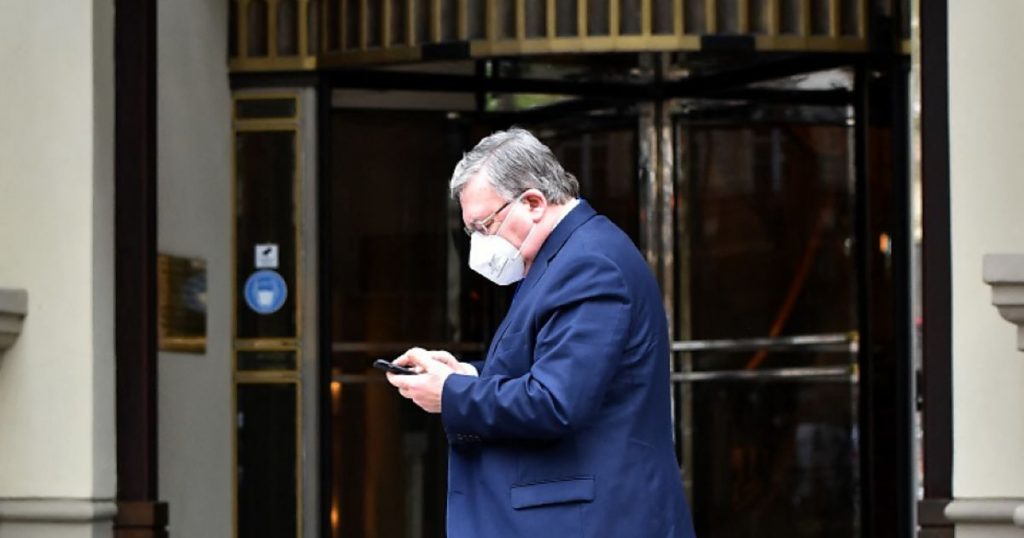On Saturday afternoon, talks on reviving the nuclear deal with Iran continued. The Austrian Foreign Ministry confirmed on Twitter in Vienna that “unremitting efforts” would continue to preserve the Iran nuclear deal. The so-called Joint Commission of the Joint Comprehensive Plan of Action (JCPOA), chaired by the Vice President of the European External Action Service, Enrique Mora, will resume its work.
According to the European Union negotiators, representatives from China, France, Germany, Russia, Great Britain and Iran are participating in the talks. “The participants will assess the ongoing discussions about a possible US return to the Joint Comprehensive Plan of Action,” the statement said. In addition, the question should be how to ensure the full and effective implementation of the Iran Agreement by all parties.
Nevertheless, Iran wants to study the possibilities of success of the nuclear negotiations. The Iranian News Agency (DPA) quoted Deputy Minister Abbas Araghchi as saying, “This afternoon (Saturday) we will listen to the results of the experts’ rounds and then decide whether we want to continue or how.” Araghchi, who heads the Iranian delegation in Vienna, has already confirmed that Iran is not interested in endless negotiations. Tehran will end the negotiations and leave Vienna immediately if there are no prospects for tangible results.
The Russian ambassador to the United Nations, Mikhail Ulyanov, spoke on Saturday of “slow but steady progress in negotiations on the restoration of the nuclear deal.” In addition to the previously planned expert committee, the official meeting of the joint committee took place again on Saturday.
In the midst of the Vienna talks, news of another massive violation of the provisions of the nuclear deal broke out on Friday. Iran announced uranium enrichment of 60%. According to the agreement, less than four percent is permitted. So far, the country’s new centrifuges have enriched the Natanz nuclear power plant by a maximum of 20 percent.
US President Joe Biden described Tehran’s progress in any way beneficial. White House spokeswoman Jane Psaki spoke of a provocation that casts doubt on the seriousness of Tehran’s nuclear negotiations. A spokesman for the European Union’s foreign affairs representative, Josep Borrell, spoke in Brussels on Friday of a “very worrying development”.
With the increase to 60 percent, the country wants to increase pressure on the partners in the 2015 nuclear deal to persuade the United States to withdraw sanctions and return to the nuclear deal it withdrew from three years ago.
The so-called JCPOA (Joint Comprehensive Plan of Action) deal was struck in Vienna in the summer of 2015 after years of negotiations between the United Nations veto powers, the United States, Russia, China, France, Great Britain as well as Germany with Iran. In this, Tehran agrees to strictly monitor and limit its nuclear program, such as enriching uranium by up to only four percent. In return, the country should receive economic relief. With the exit of the United States, which later also imposed sanctions on all companies trading with Iran, this fragile construction collapsed.

“Food practitioner. Bacon guru. Infuriatingly humble zombie enthusiast. Total student.”








More Stories
Kyiv: Russian Kursk offensive halted
US Presidential Election: Former US Government Officials Warn Against Donald Trump's Election
Netherlands wants to leave asylum system